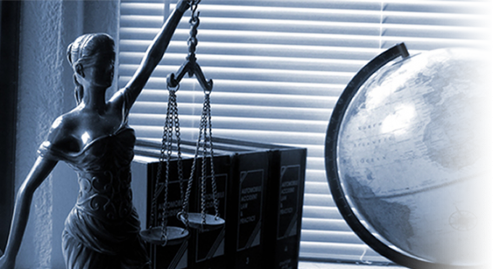“Besides being protected by the First Amendment, the right of students and faculty to express different ideas and opinions—even discomfiting ideas and opinions—is central to the academic mission of schools, colleges, and universities. Two familiar arguments articulated by John Stuart Mill underscore this point: First, the dynamic clash of contrary ideas offers the best prospect we have of arriving at the “whole truth” about any complex subject. Second, unless it is subject to periodic questioning and critique, any established and received bit of wisdom “will be held in the manner of a prejudice with little comprehension or feeling of its rational grounds.” These arguments notwithstanding, heated debates persist as to the proper bounds of free speech in educational institutions dedicated to open inquiry and the examination of multiple viewpoints. Two distinct positions provide us with a useful framework for analyzing many of these debates. The libertarian position rejects regulation of campus speech—except in extreme cases of speech that invade the rights of individuals or small specific groups of people—while instead championing a maximally free marketplace of ideas. The liberal democratic position, however, proposes that, in the interest of scholarly objectivity and rational autonomy, verbal interaction that denigrates or stigmatizes others on account of ascriptive characteristics such as gender, race, ethnicity, religion, or sexual orientation should be constrained in higher education. Adherents to the libertarian position oppose the implementation of campus hate speech codes on the grounds that such codes violate First Amendment principles and are not an effective bulwark against prejudice, discrimination, and inequality. Adherents to the liberal democratic position support narrowly tailored speech codes that formally sanction slurs, “fighting words,” and the like, but they generally believe that most of the work of regulating abusive speech should occur through the informal enforcement of new “norms of civility” on campus. Although these two positions constitute a major fault line in debates over campus speech, they do not capture the range of standpoints taken by participants in the debates. To cite one noteworthy example, some scholars, in the name of what they refer to as “an affirmative action pedagogy,” call for broader restrictions on speech (particularly classroom speech) than either the libertarian or liberal democratic positions endorse.”

